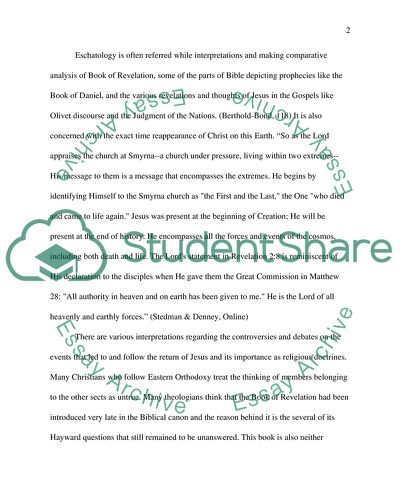Cite this document
(Christian Eschatology since the 19th Century Assignment, n.d.)
Christian Eschatology since the 19th Century Assignment. https://studentshare.org/religion-and-theology/1717375-christian-eschatology-since-the-19th-century
Christian Eschatology since the 19th Century Assignment. https://studentshare.org/religion-and-theology/1717375-christian-eschatology-since-the-19th-century
(Christian Eschatology since the 19th Century Assignment)
Christian Eschatology since the 19th Century Assignment. https://studentshare.org/religion-and-theology/1717375-christian-eschatology-since-the-19th-century.
Christian Eschatology since the 19th Century Assignment. https://studentshare.org/religion-and-theology/1717375-christian-eschatology-since-the-19th-century.
“Christian Eschatology since the 19th Century Assignment”. https://studentshare.org/religion-and-theology/1717375-christian-eschatology-since-the-19th-century.


